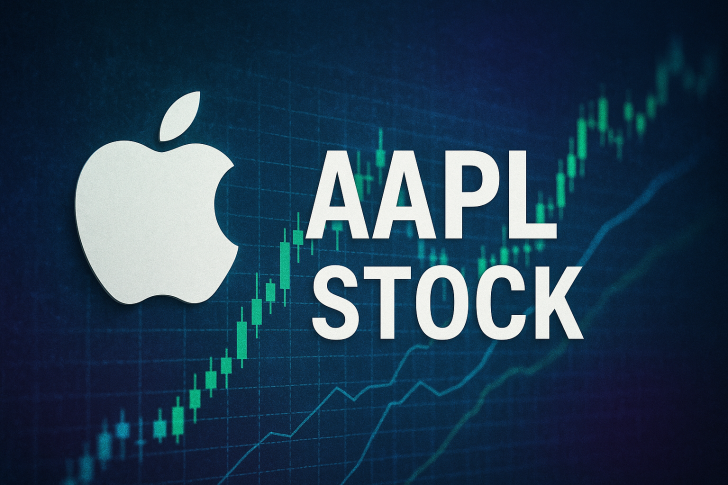● According to Barchart, Warren Buffett's Berkshire Hathaway may have missed out on around 50 billion in potential profits after trimming its Apple (AAPL) position. The conglomerate sold roughly two-thirds of its stake over two years—a decision that looks increasingly costly as Apple's stock keeps climbing thanks to strong earnings, aggressive buybacks, and growing AI device demand.
● Berkshire's gradual sell-off was meant to diversify and lock in profits after years of stellar returns. But this risk management approach came with a hefty opportunity cost. By cutting its Apple stake, Berkshire capped its exposure to one of the market's most reliably profitable companies. The risk now? Missing even more upside as Apple's valuation strengthens on the back of record free cash flow and an expanding services ecosystem.
● Market analysts estimate the reduced position cost Berkshire roughly $50 billion in paper gains as Apple's price soared. Even though Apple remains Berkshire's largest holding, the missed appreciation shows how timing exits can eat into long-term compounding—even for seasoned investors like Buffett. A different approach might've been using derivatives to hedge or rebalancing gradually, keeping upside exposure while managing portfolio risk.
● For Buffett, whose investment philosophy centers on long-term value and patience, the Apple sale stands out as a rare misstep. It's a reminder that even the most disciplined investors can underestimate the power of holding onto quality assets through market swings.
 Usman Salis
Usman Salis

 Usman Salis
Usman Salis


